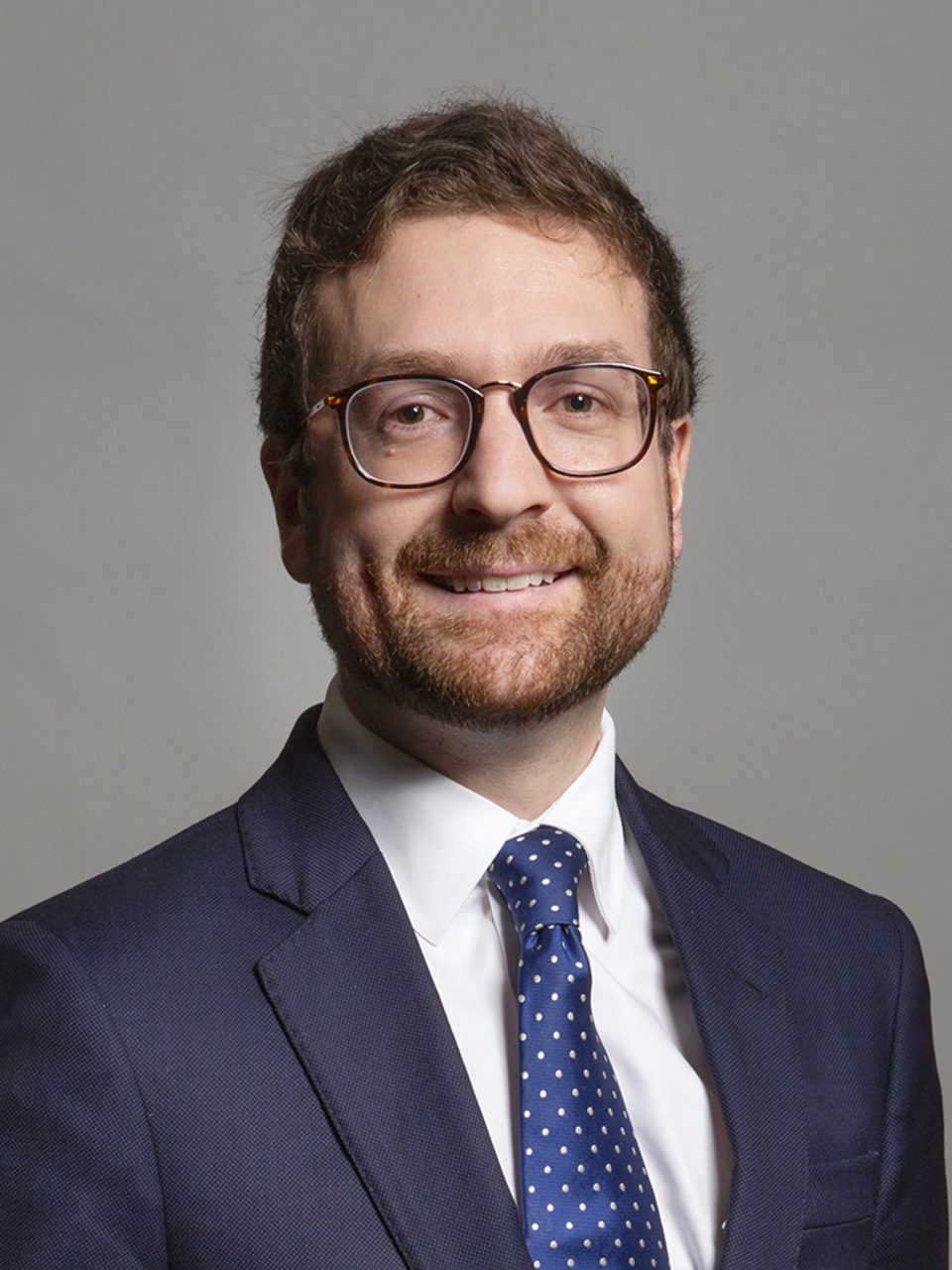Algeria, Not France’s Chasse Gardée: Sovereignty and Trade with the UK
In a powerful and, at moments, politically charged exchange, Riad Beladi, journalist and market analyst for International Supermarket News, spoke with Alexander Stafford, British Member of Parliament and former Shell executive, about the growing opportunities for UK-Algeria trade cooperation in the post-Brexit era.
Riad opened by asking how Britain’s withdrawal from the EU has reshaped its global trade strategy. Stafford responded with conviction: “The UK is free to pursue direct partnerships, and Algeria should be one of those.”
From his energy background, Stafford quickly pivoted to renewable energy, calling on Algeria to take the lead in Africa’s green energy revolution. “Algeria has the resources, the space, and the sunlight—it could become a key player in solar and hydrogen,” he stated.
Riad welcomed this vision but pressed to widen the lens. “Energy is important, yes—but there is more to Algeria than that.” He underscored that Algeria is one of the cheapest countries in the region for production, supported by good infrastructure, a qualified and educated workforce, and its proximity to Europe. “We are only a few miles from your shores,” Riad noted, “and yet our agricultural exports remain largely untapped.”
Stafford agreed, saying a bilateral trade deal in agriculture was very much possible, praising Algeria’s fertile land and export potential. “Algeria can help supply the UK’s food needs,” he added.
However, the tone shifted when Stafford remarked that Algeria was “probably still the chasse gardée of France.” The phrase—a French expression meaning “exclusive domain”—did not sit well with Riad.
Riad immediately responded:
“I have to strongly disagree with that. Algeria is not France’s chasse gardée. We fought for our independence, and the second part of our mission is clear: we are a sovereign country, and we take our own decisions. We welcome trade and partnerships, but not under anyone’s shadow.”
His comment highlighted a deep sensitivity around Algeria’s post-colonial identity. For many Algerians, lingering perceptions that France still has informal control over economic or diplomatic routes are seen as outdated and insulting.
Riad stressed that Algeria is open to the world—not only to the West—and is pursuing new partnerships in Africa, Asia, and beyond, based on mutual respect and shared opportunity.
Stafford, while standing by his support for green energy development, acknowledged the importance of recognising Algeria’s independence and broader economic potential, including agriculture, manufacturing, and education.
The interview concluded on common ground: a mutual interest in building a modern, respectful trade relationship between the UK and Algeria. But it also served as a reminder that to engage effectively, the UK must treat Algeria not as a satellite of European influence, but as a sovereign nation ready to shape its own future.
ISN Reveal: Algeria is not seeking charity or nostalgia-driven diplomacy—it is seeking smart, equal trade relationships. And it has the assets, ambition, and independence to earn them.


